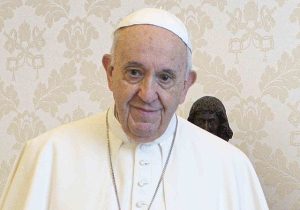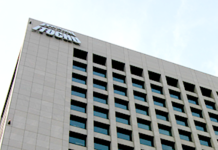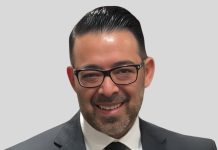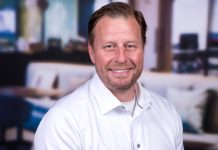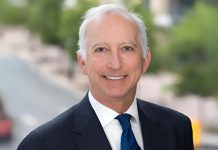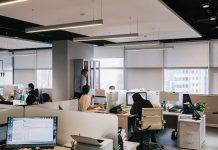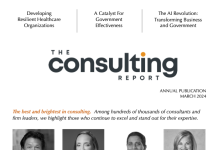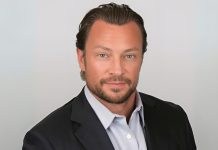Deloitte’s World Meeting 2022 gathered some of the global consultancy’s leading figures to discuss innovation, strategy, and key achievements. The annual meeting – held in Rome this year – had an unusual twist for more than 500 senior executives, including Global Chief Executive Officer Punit Renjen, as it included a private audience with Pope Francis, who urged the company to effect positive change in the world through its consulting work, which guides and influences government and corporate policies around the world.
The meeting was the first time Pope Francis has given a private audience to a private company, and he outlined three ways the firm’s consultants can “strive for a more human, just, and fraternal world.”
The pontiff urged the executives to “remain aware that you can leave a mark,” recommending that the firm’s advisors craft proposals and analyses centered upon decisions that would leave the world a better place for future generations. He emphasized the weight of responsibility that falls upon the more than 350,000 Deloitte employees who work across the globe providing crucial advice to a wide array of customers.
Pope Francis also suggested that Deloitte work to fulfill its “cultural responsibility” by embracing ethical standards that assess the direct and indirect impact of its advice on individuals, communities, and the environment, before considering the impact upon business.
Lastly, the Pope recommended that the firm focus on “entrepreneurial biodiversity” to guarantee a freedom of enterprise and a freedom of choice for customers and stakeholders, ultimately serving as bedrocks of stability and human prosperity. The private audience wrapped up with a call to look beyond everyday business needs and focus on the global impact that Deloitte has:
“My hope is that you can assist organizations to respond to this call. You have the right skills to cooperate in building that necessary bridge between the current economic paradigm – based on excessive consumption and which is experiencing its final phase – and the emerging paradigm centered on inclusion, moderation, care, and wellbeing. I encourage you to become ‘integral consultants’ in order to cooperate in reorienting our way of living on this our planet, which we have damaged in terms of both the climate and inequality.”


